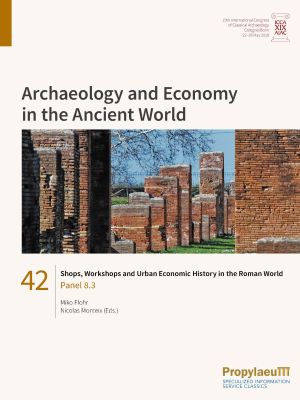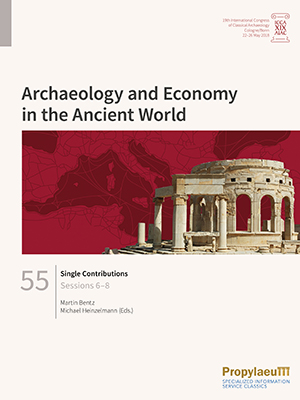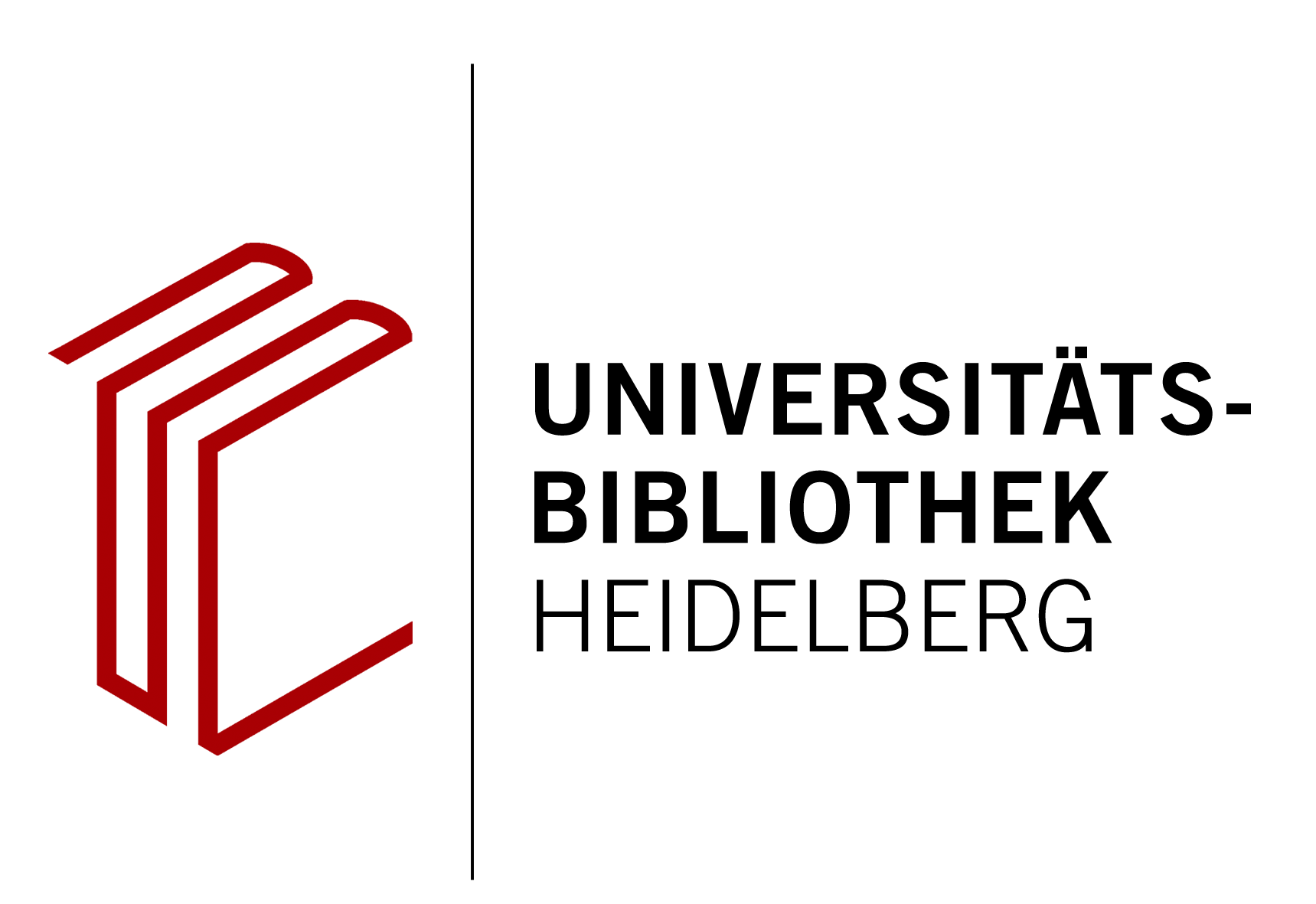Poblome, Jeroen
Shops, Workshops and Urban Economic History in the Roman World: Panel 8.3
Die materiellen Überreste römischer Läden und Werkstätten im urbanen Kontext spielten in der klassischen Archäologie lange Zeit eine marginale Rolle, doch in den vergangenen Jahren erfreuten sie sich einer deutlich gestiegenen wissenschaftlichen Aufmerksamkeit. Beeinflusst durch Debatten über das Wesen der antiken städtischen Wirtschaftsstrukturen begann die Forschung ab den späten 1990er Jahren die archäologischen Beweise für den städtischen Einzelhandel sowie die städtische Produktion mit einer neuen und stärkeren Intensität zu untersuchen.
Seit der Jahrtausendwende haben Wissenschaftlerinnen und Wissenschaftler zunehmend damit begonnen, die Gestaltung von Läden und Werkstätten in Bezug auf gewinnorientierte Investitionsstrategien zu untersuchen und die Wirtschaftsgeschichte städtischer Gewerbelandschaften zu erforschen. Dieser Band diskutiert die Art und Weise, in der die Untersuchung von urbanen Läden und Werkstätten unsere Konzeptualisierung der städtischen Wirtschaftsgeschichte in der römischen Welt in Frage gestellt hat, und er untersucht mögliche Wege, um unser Verständnis des sich wandelnden Charakters des römischen urbanen Handels weiter zu vertiefen und räumliche sowie zeitliche Distanzen zwischen lokalen Zeugnissen zu überbrücken.
Sessions 6–8, Single Contributions
Wirtschaftliche Aspekte durchdringen alle Bereiche des öffentlichen und privaten Lebens in alten Gesellschaften, sei es in der Stadtentwicklung, der Religion, der Kunst, dem Wohnen oder dem Tod. Die Erforschung der antiken Wirtschaft spielt seit langem eine wichtige Rolle in der Alten Geschichte. In den letzten Jahrzehnten ist aber auch in der Archäologie zunehmend das Bewusstsein gewachsen, dass die materielle Kultur alter Gesellschaften ausgezeichnete Möglichkeiten bietet, die Struktur, Leistung und Dynamik alter Wirtschaftssysteme und Wirtschaftsprozesse zu untersuchen. Hauptziel dieses Kongresses war es daher, die Ökonomie als ein zentrales Element der klassischen Gesellschaften zu verstehen und ihre Wechselwirkung mit ökologischen, politischen, sozialen, religiösen und kulturellen Hintergründen zu analysieren. Das Thema des Kongresses richtete sich an alle Disziplinen, die sich mit der griechisch-römischen Zivilisation und ihren Nachbarkulturen von der ägäischen Bronzezeit bis zum Ende der Spätantike befassen.
Dieser Sammelband beinhaltet einzelne Beiträge der Sessions 6, 7 und 8, die sich mit Fragen zu Konsum und Investitionen in Alltag, Heiligtümern und urbanen Kontexten sowie mit Fragen zur Rolle der Stadt in der antiken Wirtschaft auseinandersetzen.








